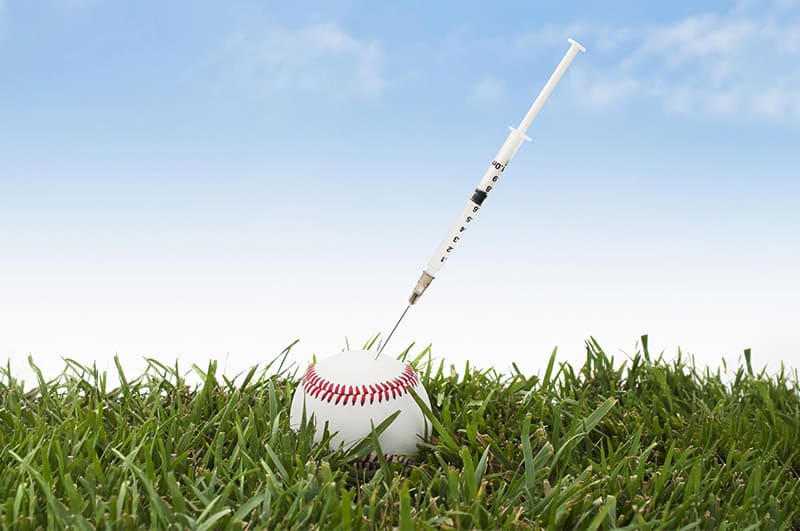Learn what it truly means to win at our addiction detox treatment in Florida
“Some of the most famous sports players have battled addiction,” Louise Stanger Ed.d, LCSW, CDWF, CIP says in Sports Stars – Fame & Addiction, which she wrote for the Huffington Post. Stanger – a writer, speaker, clinician and interventionist – backs up that claim, saying: “At the height of his sports fame, Dennis Rodman was in and out of rehab for alcoholism. Michael Phelps, the most decorated Olympic swimmer of all time, has two DUI’s and was photographed smoking marijuana, which lost him his sponsorship with Kellogg, the New York Times reported. And eight-time grand slam champion Andre Agassi admitted in his autobiography to having a meth addiction throughout his storied tennis career.”
When we see our sports heroes on TV or hear about the fabulous salaries they are earning, we tend to think of them as leading charmed lives. It can be hard to imagine addiction playing a part in it their success. For some, it is their success that can lie at the root of their addiction.
“Among dozens of famous football and basketball players, Olympians and triathletes who’ve experienced substance abuse, process and mental health disorders, my research found a common theme: success promises a lifestyle of riches and fame,” Stanger says. “The flip side of that token is enormous pressure to stay at the top, and when it’s threatened, often times drugs, sex and gambling are the ways athletes cope.”
Professional athletes are also bound to have injuries. As the country’s opioid epidemic clearly demonstrates – the kind of powerful painkillers that allow them to perform despite their injuries can be the first step on the journey to addiction.
Sadly, this correlation applies not only to professional athletes. In her story for the Huffington Post, Stanger referred to a 2014 study in the Journal of Adolescent Health, which found adolescent male athletes had greater access to prescription pain killers – and were more likely to abuse them – than fellow students who were not involved in sports. “And collegiate athletes who advance to the professional level find it even easier to obtain painkillers and other narcotics,” she says. “In a study of retired NFL players, 52% said they used prescription pain medication during their playing days, 71% of which said they misused the drugs, and 63% said they obtained the medications from outside medical channels such as a coach, teammate, or trainer.”
Hopefully, the attention that is being paid to the relationship between the overuse of prescription pain medications and the opioid epidemic that is ravaging families and communities across the country will have an impact on the way doctors treat young athletes who have been injured. They may be uncomfortable for a short time because of their injuries but that pain will be far easier to handle than the pain of addiction.
You can add baseball great Darryl Strawberry’s name to that list. Strawberry, one of the speakers at the recent Symposium on Substance Use Disorder held presented by the Delray Beach Drug Taskforce and Florida Atlantic University’s Phyllis and Harvey Sandler’s School of Social Work, talks about his struggles with addiction in the book Don’t Give Up on Me. The book goes beyond his personal story of childhood abuse, anxiety, drug abuse and alcohol addiction to include easy-to-understand explanations and commentaries on addiction from trained professionals, including David Blair Miller, PsyD; Rich Capiola, MD; John Picciano, LCSW/MSW; and Ron Dock, CAC.
The book also stresses the importance of healthy parenting. Childhood feelings of low self-esteem, low self-worth, bullying, as well as emotional and physical pain, can sow the seeds of substance abuse at an early age. Whether the addiction is to alcohol, heroin or other opiates, gambling, food, or sex–this book shares the hard truths and hopeful messages for anyone impacted by this deadly dilemma.
Spring Gardens, one of the most innovative alcohol and drug detox centers in Florida, offers an environment rich in amenities where you can receive quality treatment to heal your body, mind, and soul. Located just outside of Tampa, our Florida detox center specializes in providing both traditional and leading-edge detox and treatment approaches for those afflicted. If the pressure to succeed has ensnared you in the web of addiction, our luxury detox center in Florida has the help you need to get back on track.
About the Author



